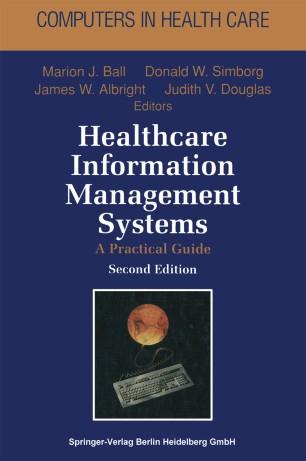3. As mentioned in this chapter, electronic data security is and will continue to be a major...
Question:
3. As mentioned in this chapter, electronic data security is and will continue to be a major issue. A few realistic security-related situations were depicted in that discussion. What situations touching on the security issue might arise in your day-to-day practice or work with clinical data? Would harder or easier access to data help you in your work? Would a colleague in your line of work feel the same? What would a colleague in a different specialty think about this point? Would harder access to the patient's data (and, thus, improved privacy) help or hurt the patient? (Be sure to consider different patient situations: access to the record of a typical outpatient at a clinic visit may need different security restrictions than access to the record of a patient brought unconscious into the emergency room!) How would you design a single security system flexible enough to provide, in every conceivable situation, an "appropriate" degree of protection against "inappropriate" access? How seriously must you compromise ease of (appropriate) access to achieve such security? When a security breach does occur, how can it be dealt with? For example, how should one handle the physician who routinely gives his user ID and password to his medical students or residents? What actions should be taken when a physician loses his portable workstation, or has it stolen from him?
Step by Step Answer:

Healthcare Information Management Systems: A Practical Guide
ISBN: 234672
2nd Edition
Authors: Edward L. Anderson (auth.), Marion J. Ball, Donald W. Simborg, James W. Albright, Judith V. Douglas (eds.)






